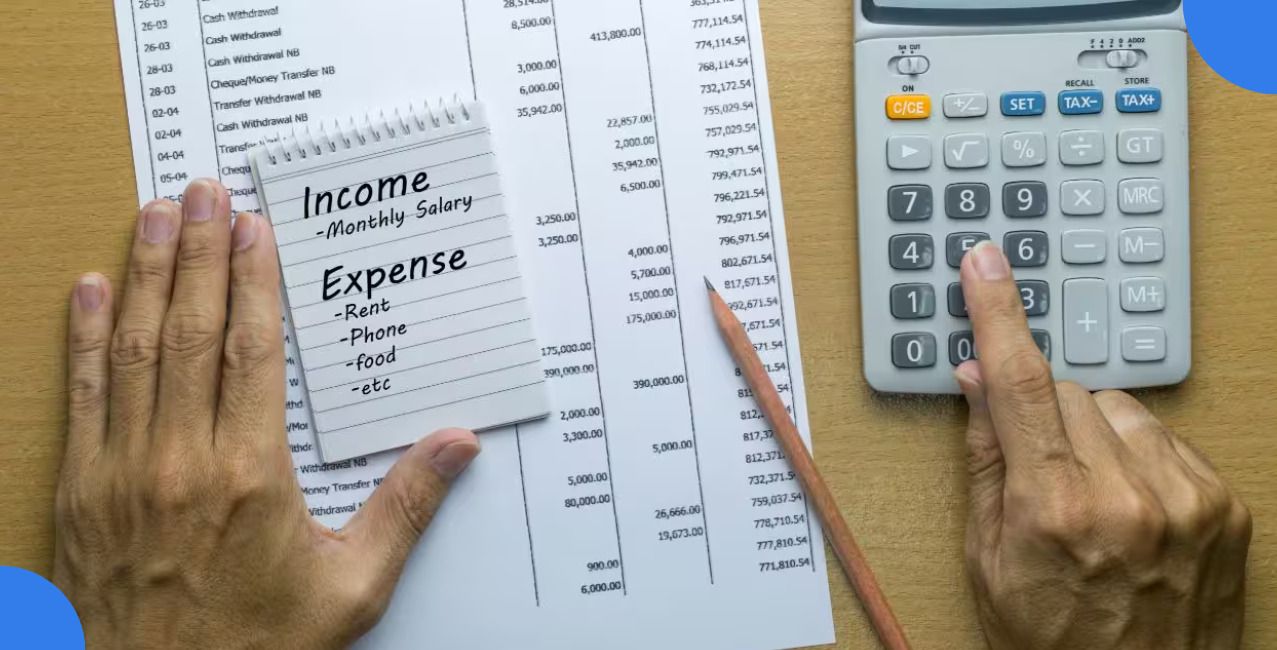What are Consumer Rights? List, Importance & Indian Laws List, Importance & Indian Laws

Check Your Loan Eligibility Now
By continuing, you agree to LoansJagat's Credit Report Terms of Use, Terms and Conditions, Privacy Policy, and authorize contact via Call, SMS, Email, or WhatsApp
Consumer rights ensure fair treatment, empowering individuals and promoting ethical practices in goods and services transactions.
They include safety, information, choice, being heard, redressal, and education to build trust and transparency.
Let’s understand it with the help of an example:
Let’s say Priya ordered a stylish electric kettle online for ₹1,200 during a festive sale. But without realising, she was charged ₹200 for priority shipping and ₹99 for a damage plan, and ₹299 extra. The total came to ₹1,499.
The kettle turned out to be faulty, and there was no return option. Frustrated but informed, Priya used her consumer rights and took action.
- Product cost: ₹1,200
- Hidden charges: ₹200 (shipping) + ₹99 (insurance)
- Total paid: ₹1,499
She filed a complaint under the Consumer Protection Act, 2019
- Received ₹1,499 refund + ₹2,000 compensation
- The platform is fined under CCPA rules
Isn’t it amazing how just knowing your rights can change everything? Let’s explore what consumer rights are and how they help protect you when you shop or use any service.
What are Consumer Rights?
Consumer rights protect buyers from unfair trade, fraud, and unsafe products or services. They ensure informed choices, fair pricing, safety, and access to complaint redressal systems.
Let’s understand it with the help of an example:
Imagine Riya buys a hair dryer for ₹1,200.
After 3 days, it sparks and burns her towel. She checks the manual, and no safety instructions are included.
Rights Applied:
- Right to Safety: The product was unsafe and caused damage.
- Right to Information: She wasn’t told about proper usage or safety risks.
- Right to Redressal: She complains to the company and demands a refund or replacement.
- Right to Be Heard: The consumer forum registers her complaint and investigates it.
Because of her consumer rights, Riya receives a full refund of ₹1,200, and the company is fined ₹5,000 for negligence.
List of Consumer Rights in India:
In India, every consumer is empowered with a set of six fundamental rights to ensure they are treated fairly and protected against exploitation in the marketplace.
By understanding and exercising these rights, consumers can make informed choices, raise their voices against unfair practices, and contribute to a more transparent and accountable economy.
Read More – How to File a Complaint Against a Personal Loan Fraud
What Is The Importance of Consumer Rights?
Consumer rights protect people from fraud and unfair business practices. They build trust, ensure safety, and help grow the economy.
Let’s take an example to understand the importance of consumer rights clearly:
Aman buys a mobile phone online for ₹18,000.
The product description mentioned 128 GB storage, but he received a phone with only 64 GB.
Rights Applied:
What Are The Consumer Protection Laws in India?
India’s consumer protection laws are designed to safeguard buyers from unfair practices, ensure fair trade, and offer effective redressal mechanisms. Here’s a simple look at the main things you should know about consumer protection in India.
Understanding consumer protection laws helps every individual become a more informed and empowered buyer. Whether shopping online or offline, knowing your rights ensures you’re never taken for a ride.
Fact: CCPA has asked over 50 online platforms to remove dark patterns and complete self-audits within three months under e-commerce rules.
Also Read - Top Banking Scams to Watch Out for in 2025 – Stay Safe!
Platforms like Amazon, Zomato, and Paytm must ensure user consent is explicit, eliminating deceptive pre-ticked boxes and manipulative designs.
Conclusion:
Sometimes while shopping, we get tricked into extra charges, wrong items, or no option to return. But don’t worry, consumer rights protect you in such cases. Whether you paid for a damaged product or were misled by fake offers, you can complain, ask for a refund, or even get compensation. So always stay aware and careful because knowing your rights means protecting your money and peace of mind!
FAQs:
Q: What are the duties of a consumer?
A: Consumers should buy legal goods, avoid illegal practices, and report any fraud or malpractice.
Q: What happens when consumer rights are denied?
A: Consumers can file a complaint in consumer court, which ensures fair practices and protects their rights.
Q: What is the legal protection of consumers?
A: It safeguards buyers from fraud and unfair practices through laws like the Consumer Protection Act.
About the author

LoansJagat Team
Contributor‘Simplify Finance for Everyone.’ This is the common goal of our team, as we try to explain any topic with relatable examples. From personal to business finance, managing EMIs to becoming debt-free, we do extensive research on each and every parameter, so you don’t have to. Scroll up and have a look at what 15+ years of experience in the BFSI sector looks like.
Subscribe Now
Related Blog Post

Salaried vs. Self-Employed: Who Gets a Personal Loan Faster in 2025?

Too Many EMIs? What to Do When Monthly Payments Become Unmanageable

Post Office Customer Care Number: Helpline & Support
Recent Blogs
All Topics
Contents
Quick Apply Loan
Consolidate your debts into one easy EMI.
Takes less than 2 minutes. No paperwork.
10 Lakhs+
Trusted Customers
2000 Cr+
Loans Disbursed
4.7/5
Google Reviews
20+
Banks & NBFCs Offers
Other services mentioned in this article





